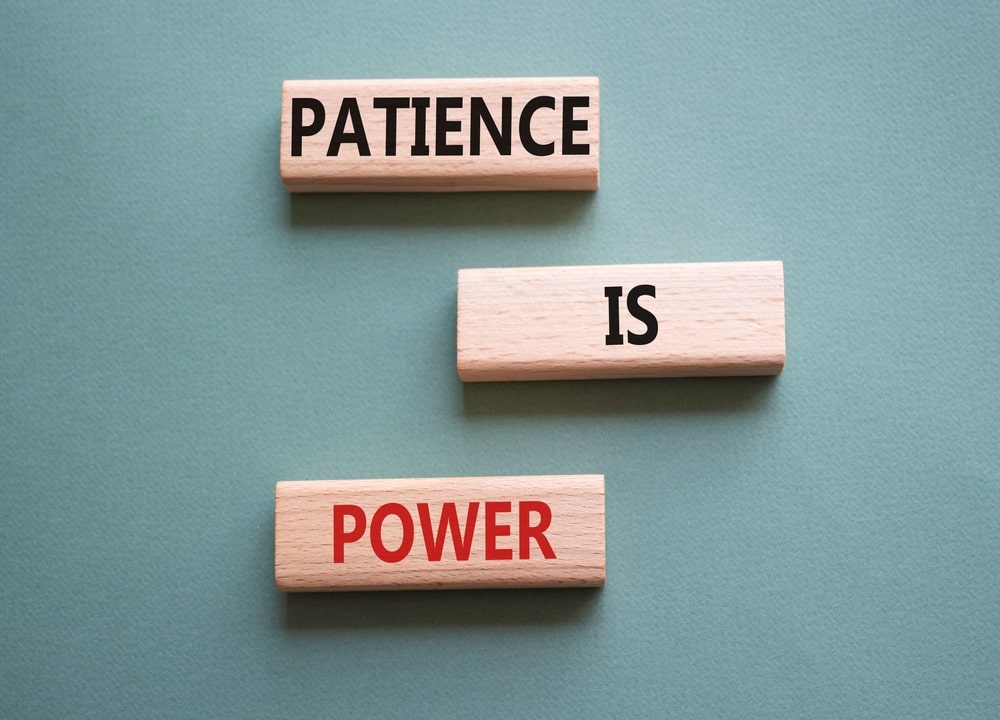Do you know the things active listeners do? Read on and find out if you are one of them!
One of the main communication skills that will help you in any situation is active listening. This is more than just listening and implies truly understanding what the other person is saying instead of just hearing the words. There are some things active listeners do, and knowing about them can help you discover if you are an active listener too.
When you are actively listening to a person, you are actively seeking to understand the intent and meaning behind their words. This takes a lot, and you need to be focused and mindful throughout the whole communication process.
So what are the things active listeners do? Read on and find them out.

1. The questions you ask should be open-ended
Have you ever been talking to someone and they kept asking you a lot of “yes or no” questions? This type of question is not recommended when you are listening to someone because, most of the time, it leads to dead-end answers.
The thing about “yes or no” questions is that they don’t facilitate the conversation and prevent it from flowing. This is why one of the things active listeners do is always try to ask open-ended questions. When the person you talk to has no choice besides saying yes or no, there is not much to talk about.
What you can do is avoid these questions and instead choose open-ended questions. You will show the other person that you are interested in what they are saying, and it will also be helpful to carry on the conversation.
Some examples of such questions are: “What made you think about that?”; “Can you tell me more about what happened?”; “How do you think you could have responded differently?”; and “How do you plan to move forward?”.
These questions will show the other person that you are curious about them and signal genuine interest. In this way, they will feel valued, and you will be able to understand them on a much deeper level.
2. You have to be fully present
Another one of the things active listeners do is not be distracted from the conversation and get totally involved in what they are talking about. When you want to completely understand what a person has to say to you, you will need to be fully present.
But what does being fully present mean? Well, you will surely use your ears to hear what the other person is saying, but you need to get even more involved. Use all your senses and give your whole attention to the one who is talking.
When you become fully present during a conversation, you will be able to tune into the inner world of the person you are talking to. This is a skill and one of the things active listeners do that will help you disconnect from your world and understand others and their emotions in ways you never imagined.
So, when you want to be fully present while talking with someone, you have to stay away from any distractions: daydreaming, your cell phone, and also your internal dialogue. Only be focused on your conversation partner.
3. Don’t judge the other person
Of all things, active listeners withhold judgment, which is a big one. Being non-judgmental when you listen to someone is the key to understanding them better, and it also makes them comfortable sharing their thoughts.
Remember how it feels to talk to someone that you feel is judging you? It is not easy, and it is probably not helping you at all. No one wants to tell their deepest thoughts to someone who will judge everything they say.
Try to make the whole conversation a safe zone, and don’t blame, shame, or criticize the other person. Let all the negativity out, and just listen to what they are trying to say.
Here are some tips that can help you be less judgmental while listening to somebody. Be ready to recognize when you are about to judge them and stop those thoughts immediately. See this as an opportunity to learn new things about different cultures and different people. Also, you will be practicing acceptance of others, and maybe the best advice is to be empathic towards the person you are talking to and their situation.
4. Keep the eye contact
You know how important eye contact can be when you are engaging in a conversation. This is one of the things active listeners do, and if you want to become a good listener, you should learn how to do it. But what makes eye contact so special?
When someone is talking and the other person is looking them in the eyes, they will perceive this as a sign they are being listened to. The one who listens is present and pays attention to what is being said. Also, it is a good sign that you are not distracted by any outside factors and that you are all in the conversation.
But, as you might expect, things can get a little bit tricky. As much as eye contact is too much, it can be perceived as weird. We know that it is one of the things active listeners do, but looking too insistent in the eyes of the person you are listening to can easily become uncomfortable for them.
Hopefully, there is a trick that can help you manage a situation like this; simply follow the 50/70 rule. This rule says that you should maintain eye contact for 50 to 70% of the conversation, and things should be okay. So, hold eye contact for up to five seconds, then look away for a short time.
5. Non-verbal cues are essential
Did you know that 65% of the things a person tries to communicate are non-verbal? This is true, and this is also the reason why you should always pay attention to non-verbal cues. When a person is telling you something about themselves, look at what they are also telling you without using words.
For example, when they are talking really fast, this can be a good indicator that they are anxious or nervous. On the other hand, if they talk slowly, this can be a sign that they are careful about what they are saying and that they are choosing their words wisely.
One of the things active listeners do, besides paying close attention to the non-verbal cues of the person that is talking to them, is that they are aware of their body language as well. The other person can perceive your non-verbal cues too, and this is why you should have open and non-threatening body language.

6. Be patient
One of the things active listeners do, and also the key to active listening, is to be patient. When you are actively listening to someone, you allow them to speak and never interrupt them. You don’t want to rush them or stress them in any way. Give the other person the time they need to say what they are trying to say.
But what does being patient mean? Just let the other person speak, and you should not get involved by trying to fill the silence. Also, when you are listening to them, don’t prepare the response at the same time. Just listen. This is the rule you need to follow.
Even more, never change the subject too abruptly. This might make the other person think that you are bored and not interested in what they are saying to you.
If you want to learn more about active listening and discover more things active listeners do, this read might help you: Active Listening Techniques: 30 Practical Tools to Hone Your Communication Skills
You should also read: 10 Red Flags That Suggest You’re the Selfish One in Your Relationship













